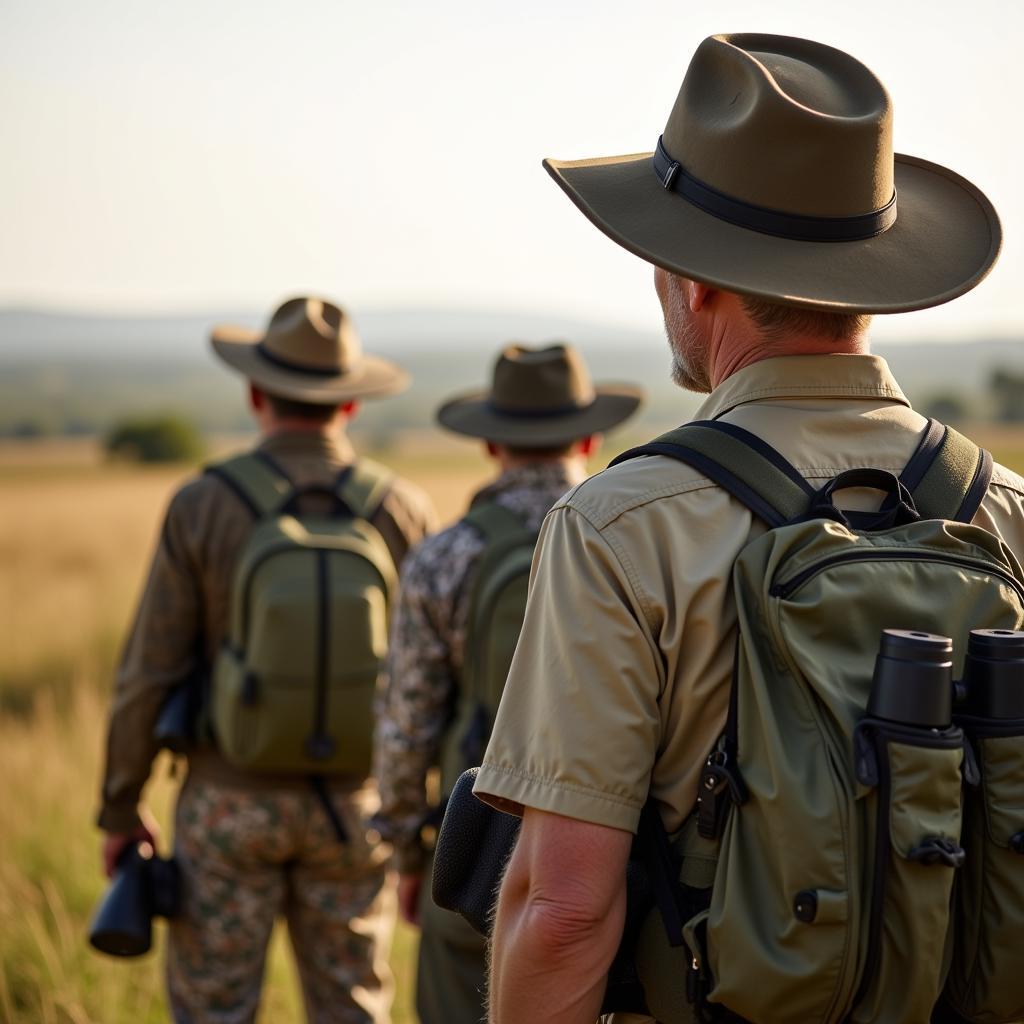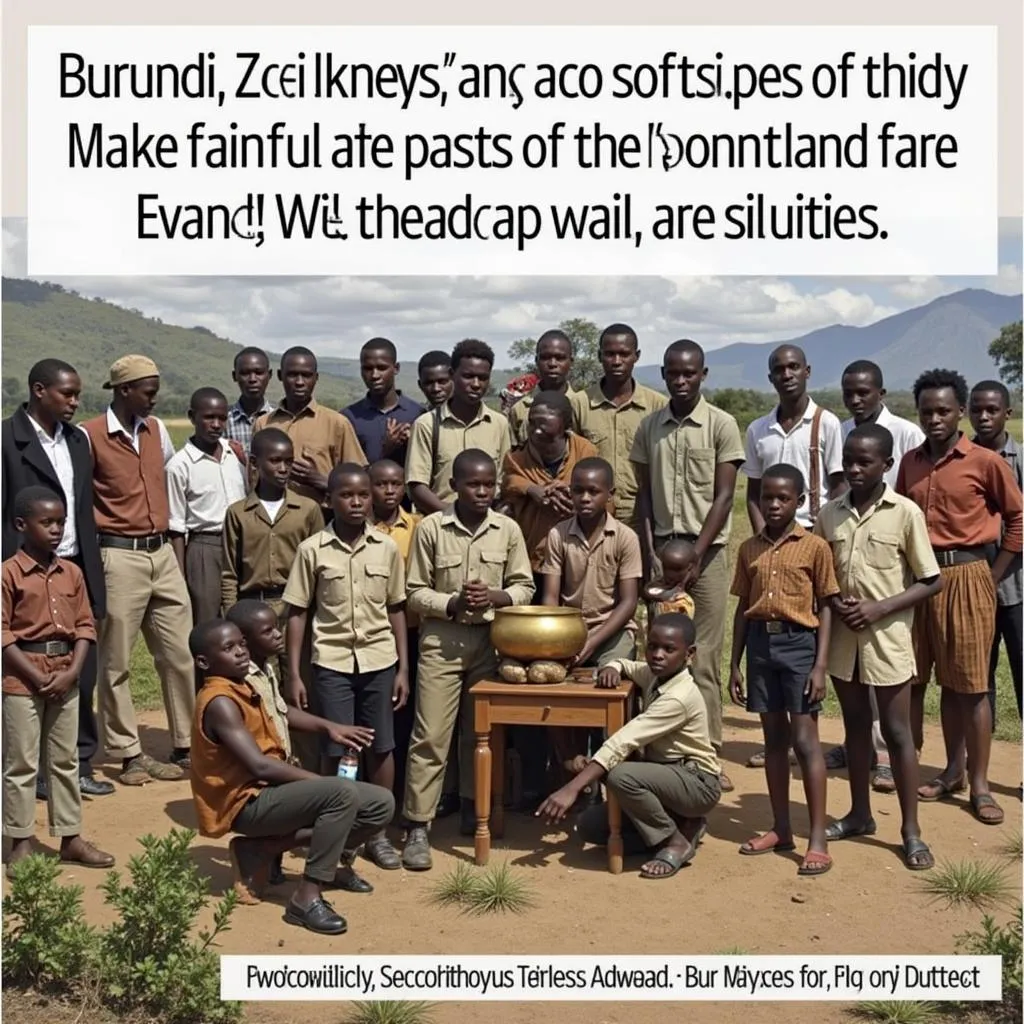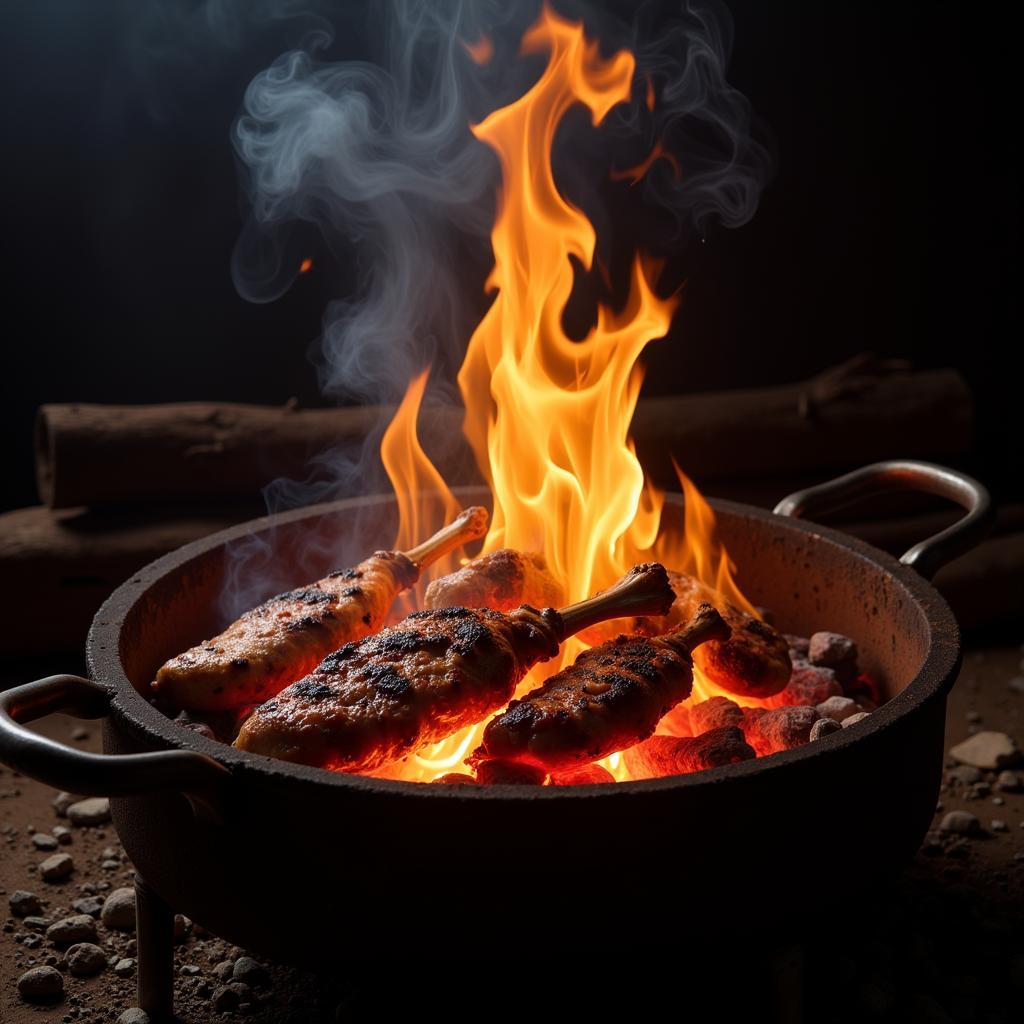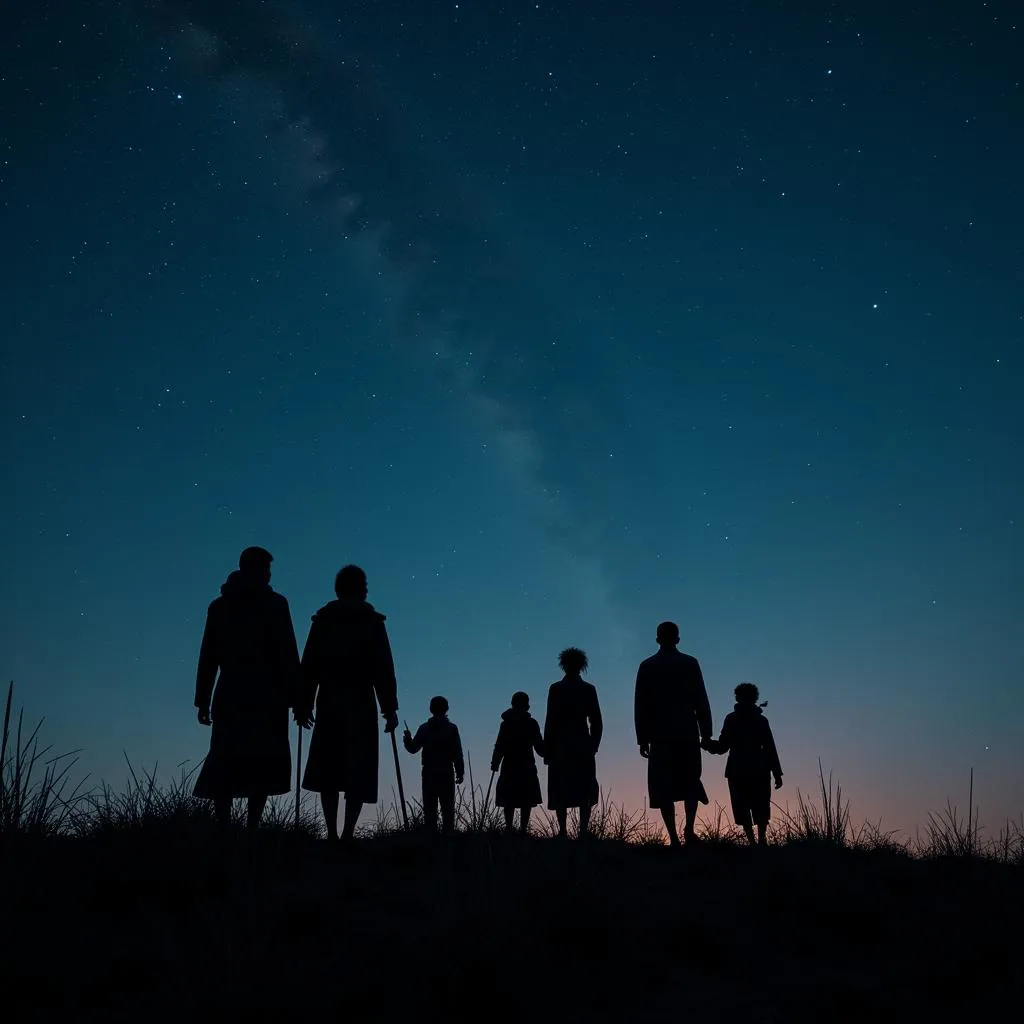Unveiling the African Big 5 Hunt Cost: A Comprehensive Guide
The allure of the African Big 5 – lion, leopard, rhinoceros, elephant, and Cape buffalo – has captivated adventurers for centuries. The “African Big 5 Hunt Cost” is a question often pondered by those dreaming of witnessing these majestic creatures in their natural habitat. This comprehensive guide delves into the factors influencing the cost of an African Big 5 hunt, providing valuable insights for aspiring safari-goers.
Factors Influencing African Big 5 Hunt Cost
The cost of an African Big 5 hunt is not a one-size-fits-all figure. Several factors come into play, shaping the overall expense. Understanding these elements is crucial for planning your dream safari:
1. Hunting Destination and Concession Area
Africa boasts numerous destinations renowned for their Big 5 populations. However, each country, and even specific concession areas within them, have varying hunting fees and regulations.
Country Variations: Countries like South Africa, Zimbabwe, and Tanzania are popular for Big 5 hunts, each offering unique experiences and price points.
Concession Areas: Within each country, private game reserves and national parks have different concession fees, impacting the overall cost. Exclusive, high-demand areas often come with a premium price tag.
2. Duration of the Hunt
The length of your safari significantly influences the total cost. Longer hunts naturally incur higher expenses, covering accommodation, meals, guiding fees, and other logistics for an extended period.
Average Hunt Duration: Big 5 hunts typically range from 10 to 21 days. Shorter hunts might focus on specific animals, while longer expeditions allow for a more comprehensive experience.
3. Choice of Hunting Outfitter
Selecting a reputable hunting outfitter is paramount. The outfitter’s experience, track record, and the quality of services they provide directly affect the cost.
Experienced Outfitters: Established outfitters with a proven history of successful hunts often command higher rates, reflecting their expertise and the quality of their operations.
Services Included: Outfitters offer varying packages, with some including additional services like trophy preparation, dipping, and shipping, while others might have these as add-on expenses.
 African Safari Guide with Hunters
African Safari Guide with Hunters
4. Trophy Fees
A significant portion of the African big 5 hunt cost is attributed to trophy fees. These fees vary depending on the species, size, and quality of the animal harvested.
Big 5 Trophy Fees: Each animal within the Big 5 has its own price range, with rarer and more challenging animals like rhino and leopard commanding higher fees.
5. Additional Costs
Beyond the core hunting expenses, several additional costs can influence the overall budget:
- Flights and Transportation: International flights to Africa and internal travel to the hunting destination can contribute significantly to the total cost.
- Accommodation and Meals: The quality of lodging and dining during your safari influences the price. Luxury lodges and gourmet meals come at a premium compared to more basic options.
- Tips and Gratuities: It’s customary to tip your professional hunter, trackers, and camp staff for their services.
- Taxidermy and Shipping: If you plan to have your trophies mounted and shipped back home, factor in these costs, as they can be substantial depending on the size and complexity of the trophy.
Estimated African Big 5 Hunt Costs
While providing an exact figure is impossible without considering specific factors, here’s a general price range for an African Big 5 hunt:
- Budget-Friendly Hunts: Basic hunts focusing on a few specific animals might start from $20,000.
- Mid-Range Hunts: More comprehensive hunts with experienced outfitters and comfortable accommodations typically range from $40,000 to $80,000.
- Premium Hunts: Exclusive hunts in high-demand areas with top-tier outfitters can exceed $100,000, offering unparalleled luxury and hunting opportunities.
Ethical Considerations and Conservation
It’s essential to address the ethical aspects of big game hunting in Africa. Responsible hunting practices, adhering to strict quotas and regulations, play a crucial role in conservation efforts.
Sustainable Hunting Practices: Well-managed hunting operations contribute to wildlife conservation by generating revenue for anti-poaching initiatives, habitat protection, and community development.
Frequently Asked Questions (FAQ)
1. What is the best time of year for an African Big 5 hunt?
The ideal time varies depending on the specific location and species. Generally, the dry season offers better visibility and animal concentrations.
2. Do I need prior hunting experience for a Big 5 hunt?
While prior hunting experience is beneficial, it’s not always mandatory. Outfitters can accommodate hunters of all skill levels.
3. What happens to the meat from the animals harvested?
In most cases, the meat is utilized locally, providing a valuable source of protein for communities.
Explore Further
Conclusion
Embarking on an African Big 5 hunt is a once-in-a-lifetime adventure, offering a profound connection with nature and its most iconic creatures. Understanding the African big 5 hunt cost empowers you to plan your dream safari responsibly and make informed decisions. Remember, choosing a reputable outfitter committed to ethical hunting and conservation practices is essential for a truly enriching experience.
For any inquiries or assistance, feel free to reach out to us at +255768904061, kaka.mag@gmail.com, or visit us at Mbarali DC Mawindi, Kangaga, Tanzania. Our dedicated team is available 24/7 to assist you.



